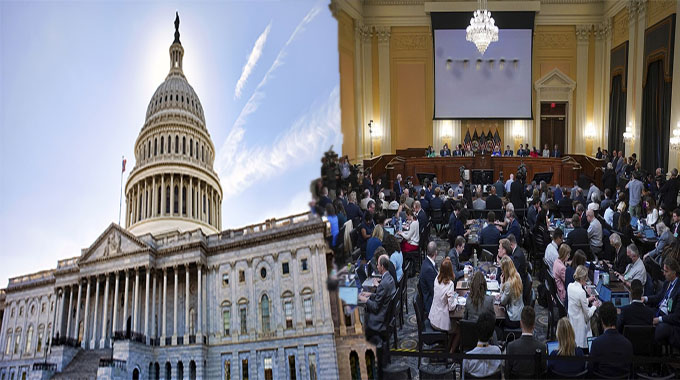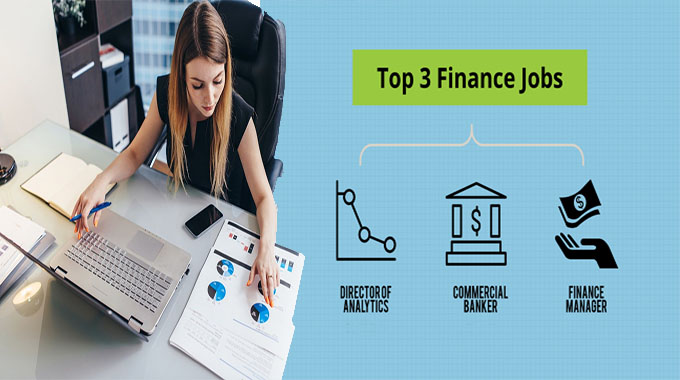House Committee on Financial Services Holds Oversight Hearings
The House Committee on Financial Services, often called the banking committee, has the power to regulate the vast banking, credit card, and securities industry, as well as the Department of Housing and Urban Development. With liberals eager to help consumers and protect consumer rights, the committee has been a hotbed for consumer protection legislation. However, the committee has strayed from its stated mission. In 2016, it passed the Dodd-Frank financial reform bill, a key piece of legislation that has largely been overshadowed by scandals.
Oversees all components of the nation’s housing and financial services sectors
The House Financial Services Committee has received its first Congressional committee appointment. Its members oversee banking, real estate, assisted housing, and securities. It also reviews laws relating to the HUD, FDIC, and international development agencies. The committee ensures enforcement of housing and consumer protection laws, such as the Truth in Lending Act, the Fair Credit …













